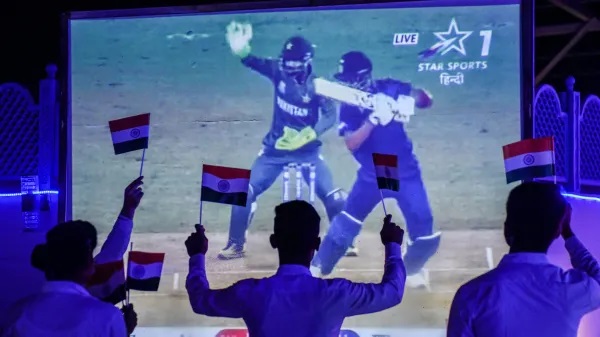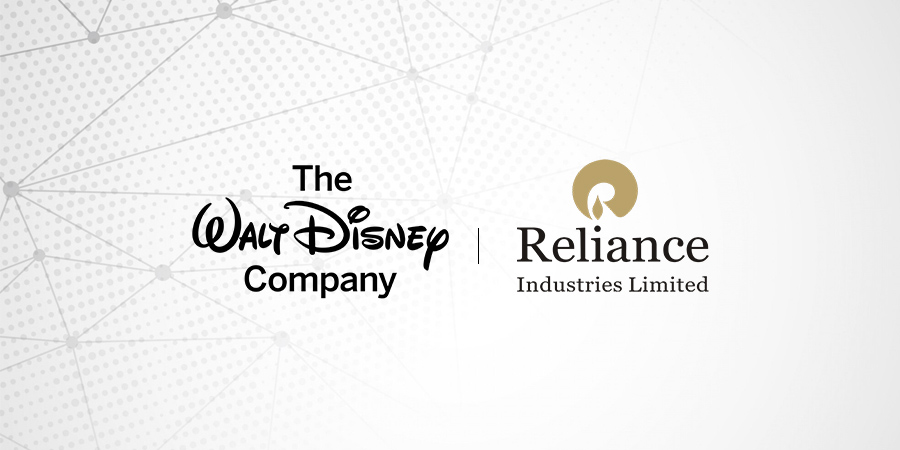India’s competition watchdog approves $8.5bn Disney-Reliance merger

India’s competition watchdog has provisionally approved an $8.5 billion (£6.43 billion) merger between Disney and Reliance Industries, which is set to create the country’s largest entertainment conglomerate.
The deal, which gives billionaire Mukesh Ambani’s Reliance Industries a majority stake, will position the new entity to compete with major players like Sony, Netflix, and Amazon.
This joint venture will secure broadcasting rights for many of India’s major sports events, including the highly popular cricket tournaments.
The merger is anticipated to be finalized within the next six months and will be chaired by Nita Ambani, Mukesh Ambani’s wife, according to reports.
The approval from India’s competition regulator comes with conditions, as noted in a press release on Wednesday.
The regulator had previously expressed concerns about the potential control the merged entity would have over cricket broadcasting rights, given cricket’s immense popularity in India.
Both Disney and Reliance have been attracting Indian viewers by offering free livestreams of cricket matches for years.
The two companies have reportedly spent $9.5 billion on television and streaming rights for prestigious cricket events, including the Indian Premier League (IPL), T20 World Cups, and International Cricket Council (ICC) matches.
The watchdog raised concerns that the merger could lead to increased advertising prices for these cricket broadcasts.
However, the companies have pledged not to excessively hike advertising rates for streaming cricket matches.

They have also reportedly agreed to sell seven to eight of their non-sports TV channels to offset revenues, according to a source cited by Reuters.
In addition to cricket, the merged entity will hold Indian broadcast rights for other major sporting events, including Wimbledon, MotoGP, and the English Premier League (EPL).
Financial expert Gurmeet Chadha, managing partner at Complete Circle, told CNBC-TV18 that the merger “creates a huge digital entertainment giant” with significant content and technological capabilities.
He emphasized the merger’s long-term implications, particularly in a country like India with 1.4 billion people and a 90% internet penetration rate.
“They have the content muscle, distribution reach, and the necessary analytics and insights into what content is consumed where,” Chadha added.
Source-BBC





